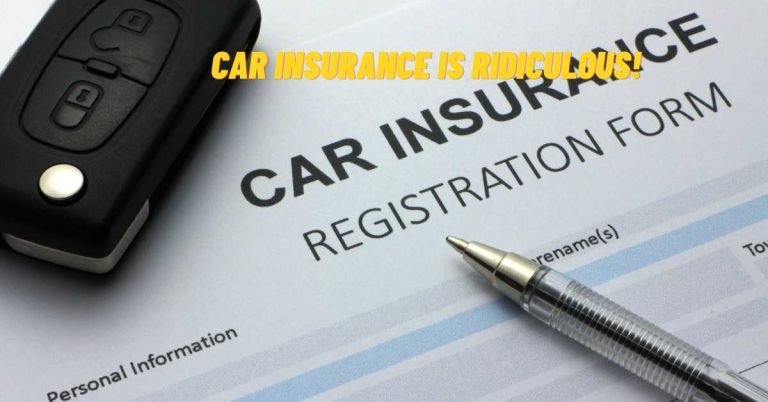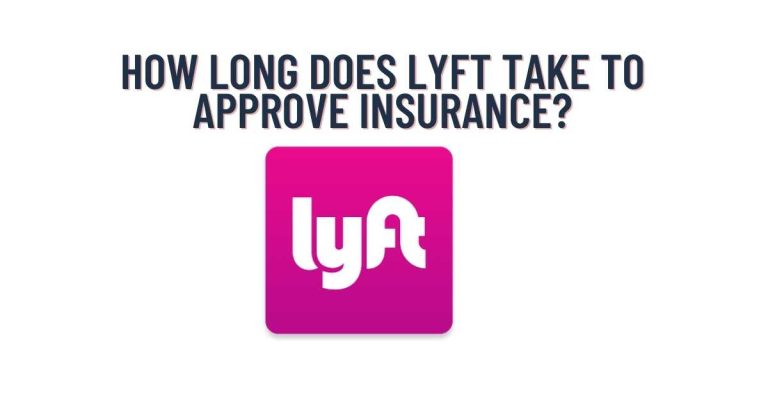Table of Contents
What does Texas Department of Insurance do?
The Texas Department of Insurance regulates the state's insurance industry, oversees the administration of the Texas workers' compensation system, performs the duties of the State Fire Marshal's Office, and provides administrative support to the Office of Injured Employee Counsel – a separate agency.
How do you escalate an insurance company?
Contact your insurance agent. Write to an executive at the insurance company. Ask a third party such as an ombudsman to help with your dispute. File a complaint with your state department of insurance, which regulates insurance activity and insurer compliance with state laws and regulations.
Who regulates the insurance industry in Texas?
The Texas Department of Insurance is the official state agency charged with regulating the insurance industry in Texas.
Who regulates Texas insurance companies?
The Texas Department of Insurance is the official state agency charged with regulating the insurance industry in Texas.
What is the responsibility of the Department of insurance?
All of CDI's functions, including overseeing insurer solvency, licensing agents and brokers, conducting market conduct reviews, resolving consumer complaints, and investigating and prosecuting insurance fraud, are to protect consumers.
Who regulates the insurance industry in Texas?
The Texas Department of Insurance is the official state agency charged with regulating the insurance industry in Texas.
WHAT TO DO WHEN THE INSURANCE COMPANY REFUSES TO PAY by Attorney Matt Powell Tampa Accident Lawyer
What is the Texas Department of Insurance quizlet?
The Texas Department of Insurance regulates the state's insurance industry.
How long does an insurance company have to investigate a claim in Texas?
In the state of Texas, insurance companies have 15 days to approve or deny a claim. They may extend that to 45 days if they have sufficient grounds and a sound explanation for doing so. Fortunately, this means that Texas is rather speedy when it comes to the claims process.
What does it mean to escalate an insurance claim?
Escalation is an increase in premiums or policy benefits in line with agreed factors, such as inflation.
Massive security breach strikes the Texas Department of Insurance
How do I fight an insurance company?
- Step 1: Contact your insurance agent or company again. Before you contact your insurance agent or home insurance company to dispute a claim, you should review the claim you initially filed. …
- Step 2: Consider an independent appraisal. …
- Step 3: File a complaint and hire an attorney.
Which insurance company has the most complaints?
The insurance company that has the highest customer satisfaction is Geico, according to WalletHub's analysis of factors such as J.D. Power customer satisfaction rankings and the NAIC complaint index.
What do you do when insurance company won’t respond?
If your claims adjuster is not responding to you, call the insurance company operator/customer service phone number and for the name and number of your insurance adjuster's manager. Call the manager and advise what's been going on.
How to Lodge a Complaint Against an Insurance Company
Who is responsible for regulating the insurance industry?
Insurance is regulated by the states. This system of regulation stems from the
of 1945, which describes state regulation and taxation of the industry as being in “the public interest” and clearly gives it preeminence over federal law. Each state has its own set of statutes and rules.
What is the Texas Department of Insurance responsible for?
The Texas Department of Insurance regulates the state's insurance industry, oversees the administration of the Texas workers' compensation system, performs the duties of the State Fire Marshal's Office, and provides administrative support to the Office of Injured Employee Counsel – a separate agency.
How do I sue an insurance company in Texas?
In the lawsuit you need to prove you have the insurance coverage, prove the amount paid by the other driver's insurance, prove the other driver caused the accident, prove the accident caused the injury, and prove the amount of damage done showing how much over your damages are compared to the amount you were paid by …

